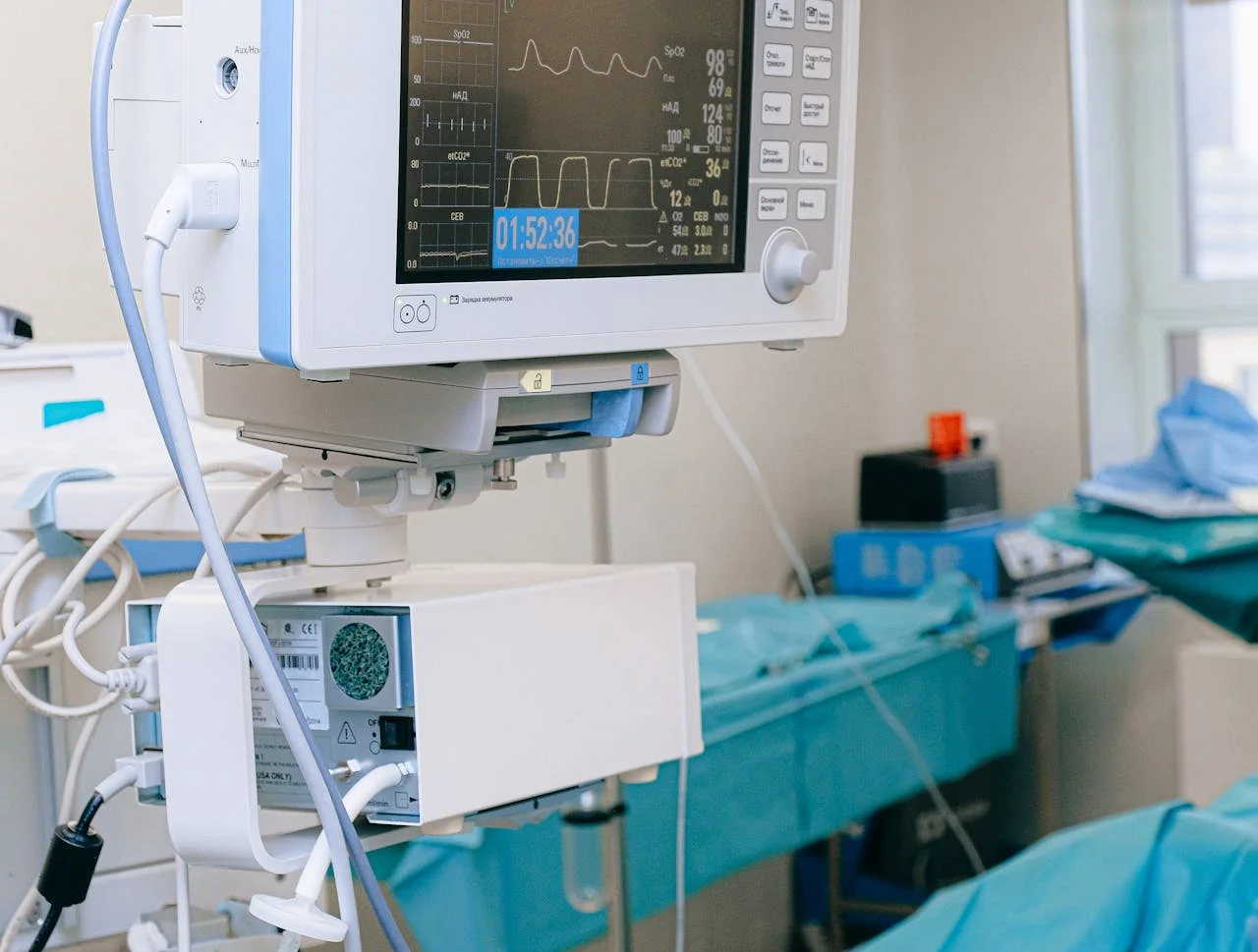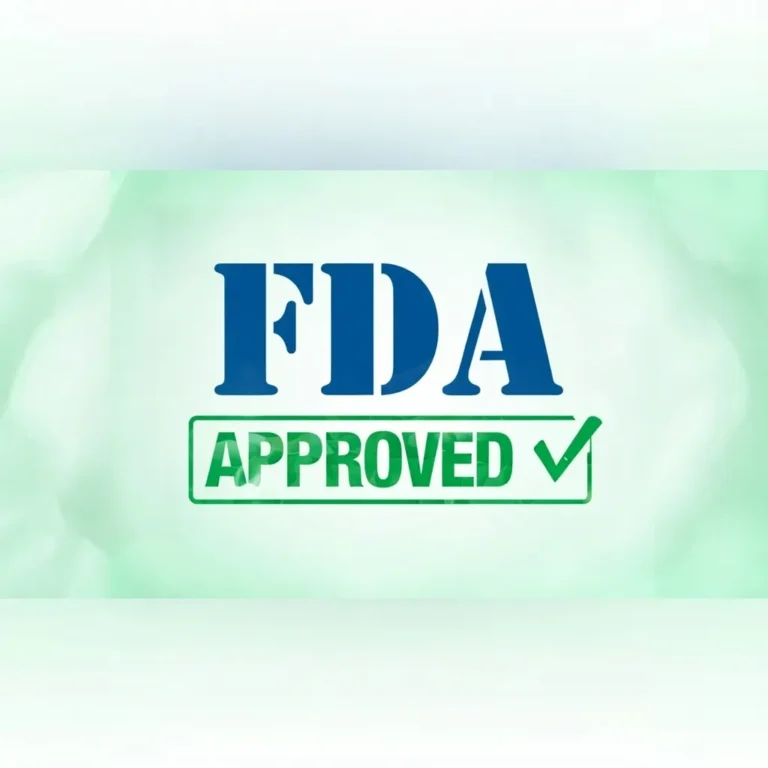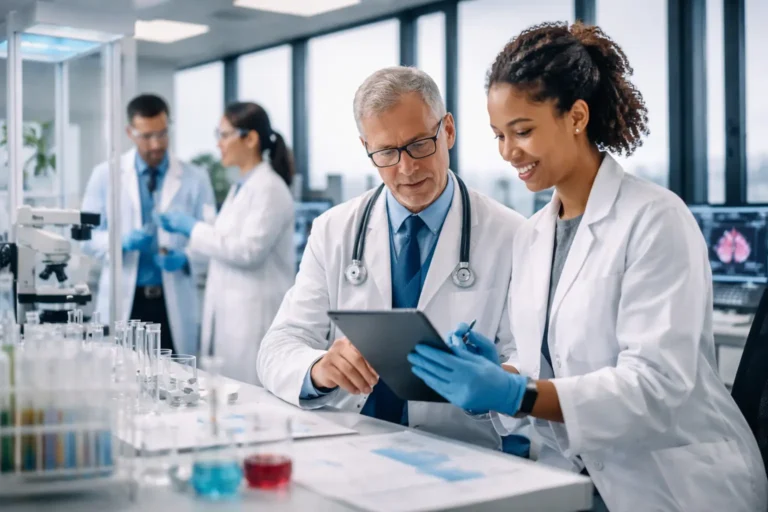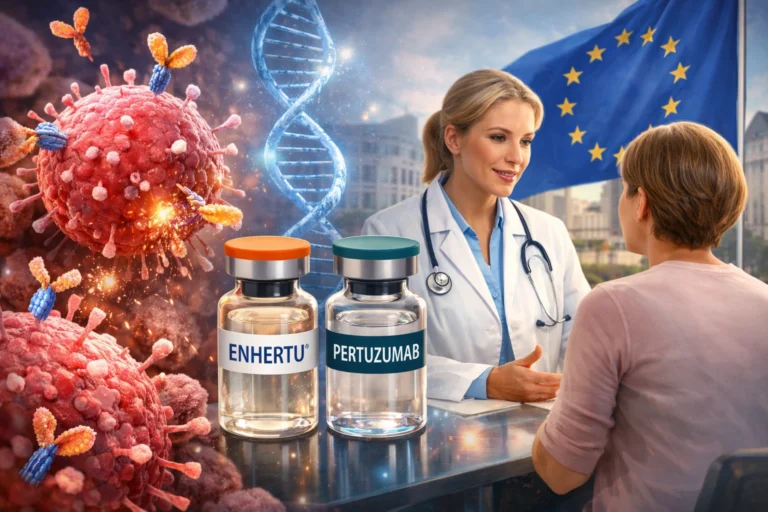
Alert Overview This alert from the World Health Organization (WHO) addresses the discovery of falsified DOW USP/EP Propylene Glycol in Pakistan.
Authentic DOW USP/EP Propylene Glycol is a crucial raw material used in pharmaceutical and other manufacturing processes, meeting the standards outlined by the United States and European Pharmacopoeias (USP/EP) for medicinal purposes.
Background Previously, WHO issued seven alerts concerning contaminated oral liquid medicines. These alerts include Medical Product Alert No.6/2022, Medical Product Alert No.7/2022, Medical Product Alert No.1/2023, Medical Product Alert No.4/2023, Medical Product Alert No.5/2023, Medical Product Alert No.6/2023, and WHO Medical Product Alert N°8/2023.
Subsequent to WHO Medical Product Alert N°8/2023 in December 2023, the Drug Regulatory Authority of Pakistan (DRAP) initiated an investigation into potential contamination of oral liquid medicines. Suspect drums of Propylene Glycol were identified by DRAP, and samples were subjected to testing by Pakistan’s Central Drugs Laboratory. Results indicated unacceptable levels of ethylene glycol contamination, ranging from 0.76% to 100%. Between January and March 2024, DRAP issued three Rapid Alerts concerning five contaminated batches of DOW USP/EP Propylene Glycol.
DRAP Alert No I/S/01-24-02 (11 Jan 2024) DRAP Alert No I/S/02-24-11 (7 March 24) DRAP Alert No I/S/03-24-14 (11 March 2024) DOW has confirmed that the raw materials mentioned in the DRAP Alerts and highlighted in this WHO Alert are falsified and were not produced or supplied by DOW. Consequently, the quality and safety of these excipients cannot be guaranteed.
The Propylene Glycol materials identified in this Alert were deliberately and fraudulently mislabeled. They contain elevated levels of ethylene glycol, which poses toxicity risks if ingested. These raw materials may have been disseminated to other countries, potentially through informal or unregulated channels. Manufacturers of oral liquid medicines might have unintentionally procured these contaminated raw materials, which could still be present in their storage facilities.
For full details of the affected products, please refer to Annex 1 of this Alert, and Annex 2 for available photographs.
Risks Ethylene glycol is highly toxic when ingested and can be fatal.
The falsified raw materials mentioned in this Alert are unsafe, and their incorporation into medical products could lead to severe injury or death, especially in children. Adverse effects may include abdominal pain, vomiting, diarrhea, urinary retention, headache, altered mental status, and acute kidney injury, potentially resulting in death.
Recommendations for Manufacturers, Distributors, and Regulatory Authorities Medicine manufacturers should ensure that they procure raw materials from reputable and authorized suppliers.
Manufacturers of oral liquid medicines, particularly those containing raw materials susceptible to ethylene glycol (EG) and/or diethylene glycol (DEG) contamination, such as propylene glycol, sorbitol, and/or glycerin/glycerol, are encouraged to adhere to WHO good manufacturing practice requirements.
Furthermore, manufacturers are advised to conduct ethylene glycol and diethylene glycol testing on each batch of incoming raw materials before utilizing them as excipients in liquid medicine production.
Analytical methods have been developed for detecting DEG/EG contamination in pediatric medicines. Gas Chromatography (GC) is a suitable and widely used technique for this purpose. In the absence of GC, the International Pharmacopoeia of WHO recommends a two-level approach, wherein suspicious samples undergo initial screening using a semi-quantitative thin-layer chromatography (TLC) method to quickly identify contamination. Suspected contaminated products can then be confirmed through GC.
WHO discourages the distribution or promotion of any finished products potentially manufactured using the affected raw materials without undergoing further testing. In cases where such products have already been distributed and consumed, it is imperative to advise patients to seek immediate medical attention from healthcare professionals.
Increased surveillance and diligence within supply chains, particularly in countries and regions likely to be affected by these raw materials, are urged. Enhanced surveillance of the informal/unregulated market is also recommended. National regulatory authorities and health authorities are advised to promptly notify WHO upon discovering substandard/falsified raw materials within their respective countries.
Healthcare professionals should promptly report any suspected adverse events linked to the use of contaminated medicines to the National Regulatory Authorities/National Pharmacovigilance Centre. Patients experiencing adverse reactions or unexpected side effects after using suspected contaminated products should also seek immediate medical assistance from healthcare professionals.





